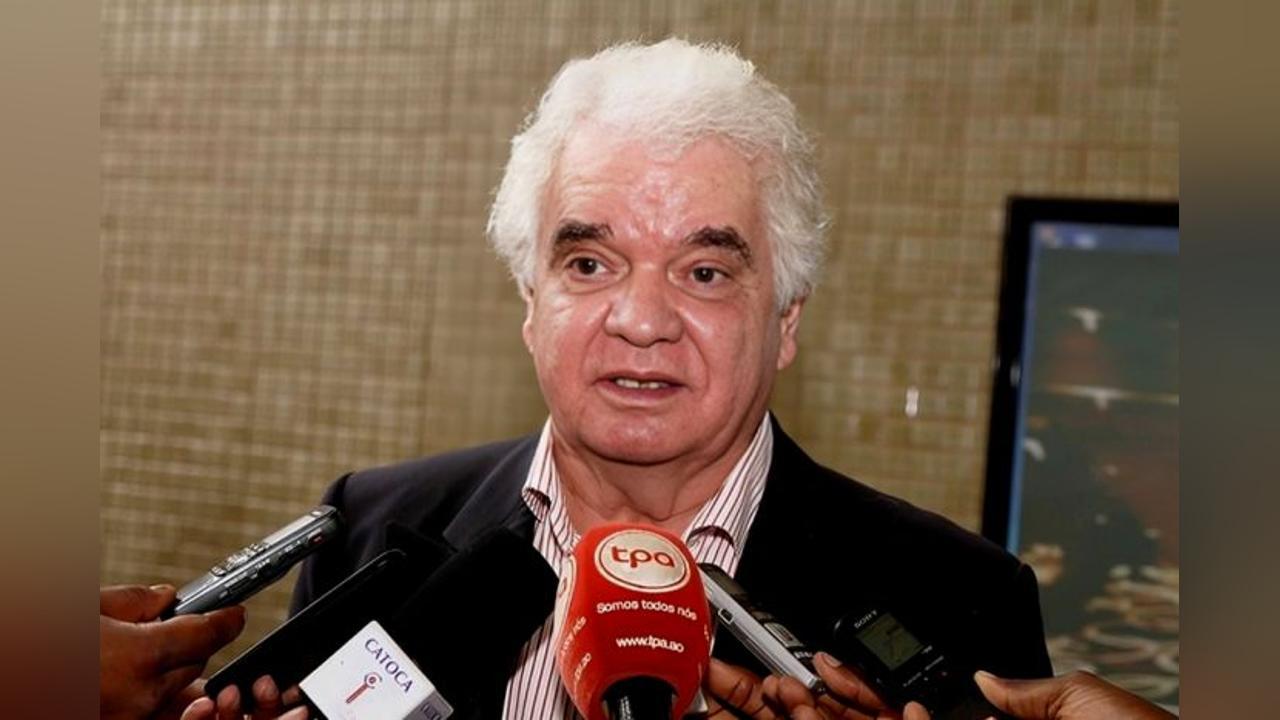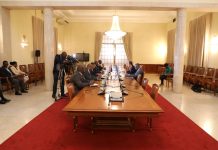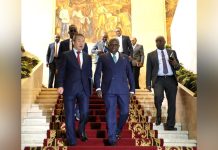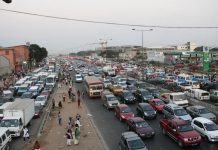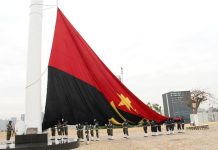Africa-Press – Angola. Economist Alves da Rocha considered it “unacceptable” that Angola has not managed, in 50 years of independence, to create conditions for economic growth, aiming to multiply employment and raise the national minimum wage.
“It is unacceptable that, in fact, we have not yet managed, after 50 years [of independence], to create conditions for economic growth so that we can multiply employment and increase wages tenfold,” said today the professor and director of the Center for Studies and Scientific Research (CEIC) at the Catholic University of Angola (UCAN), when questioned by Lusa about the national minimum wage.
Speaking on the sidelines of the Angola Economic Forum (AEF-2025), which began today in Luanda and runs until Friday, Alves da Rocha said, for example, that he did not understand why the current minimum wage in Angola is currently set at 50,000 kwanzas (47 euros), while maintaining that it is necessary to balance “the amount of the minimum wage with the conditions of the economy.” Angola, for the economist, “must know how to define its challenges and deal with them in a phased manner, in order to improve the living conditions of the population,” noting that the national minimum wage component “is one of the issues of great challenge for the country.”
“Salaries and family consumption are factors of development,” he noted, emphasizing that the population’s living conditions and the inflation rate should be the methodologies for determining the minimum wage.
Angola’s Ministry of Public Administration, Labor and Social Security (MAPTSS) announced on Tuesday that from September 16, all companies in the country must start paying the new national minimum wage, corresponding to 100,000 kwanzas (94 euros), with the exception of micro-enterprises and startups, for which it is set at 50,000 kwanzas.
Alves da Rocha emphasized that the current wages in Angola are not compatible with the living conditions of its citizens. “We Celebrate History, We Drive the Future of the Economy” is the motto of the AEF-2025, commemorating Angola’s 50th anniversary of independence, which will be celebrated on November 11, 2025.
Regarding Angola’s economic trajectory after half a century of independence, the CEIC director of the Catholic University of Angola (UCAN) insisted that the country’s economy faces enormous challenges in several areas.
According to the expert, economic and social development in Angola, under current conditions, is not sufficient, because, he argued, it is not enough for the country to have natural resources, “but it is necessary to pay attention to other areas, namely at the level of political strategy and human capital.”
When asked whether current public policies respond to the country’s challenges, the economist said that they “respond to some challenges,” noting that others are much more complex and require more reflection and more work.”
The CEIC director believes it is necessary to accumulate knowledge in the scientific and technological innovation fields to face the challenges “in such a complex and interdependent world.” “And here [in Angola] we still don’t have a foundation for accumulating knowledge.
“In terms of scientific, technological, and innovation knowledge, there are initiatives, and a ministry must coordinate them. But it’s impossible to win this battle if we don’t know how to define the challenges and address them in stages,” concluded Alves da Rocha, one of the technical coordinators of AEF-2025.
The Angolan economy from the perspective of nationalists: a look at the past, present, and future; Angola’s economic history: an assessment of economic policy options in the post-independence period; and public investment in healthcare in Angola are some of the topics that will be discussed at this forum, which will feature more than 70 speakers.
The third edition of the Angola Economic Forum is organized by Kwanza Economics and PetroAngola.
angola24
For More News And Analysis About Angola Follow Africa-Press

